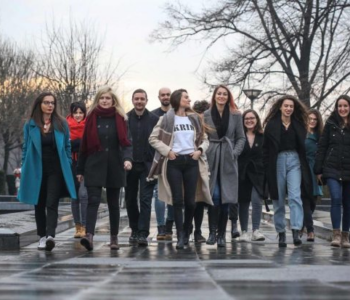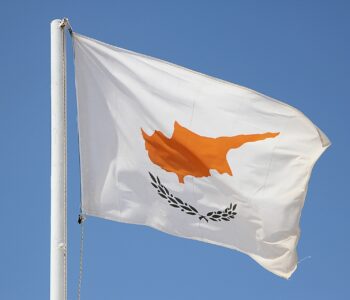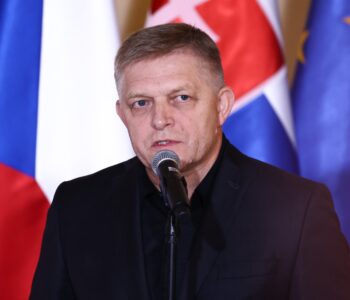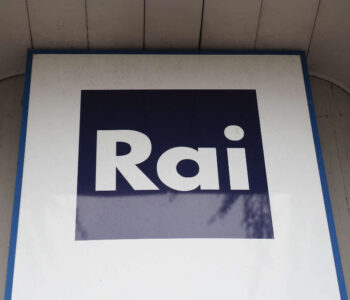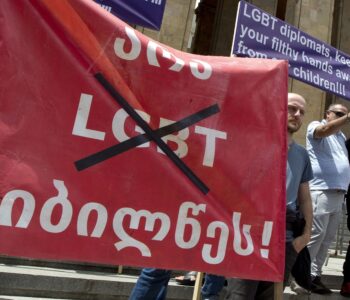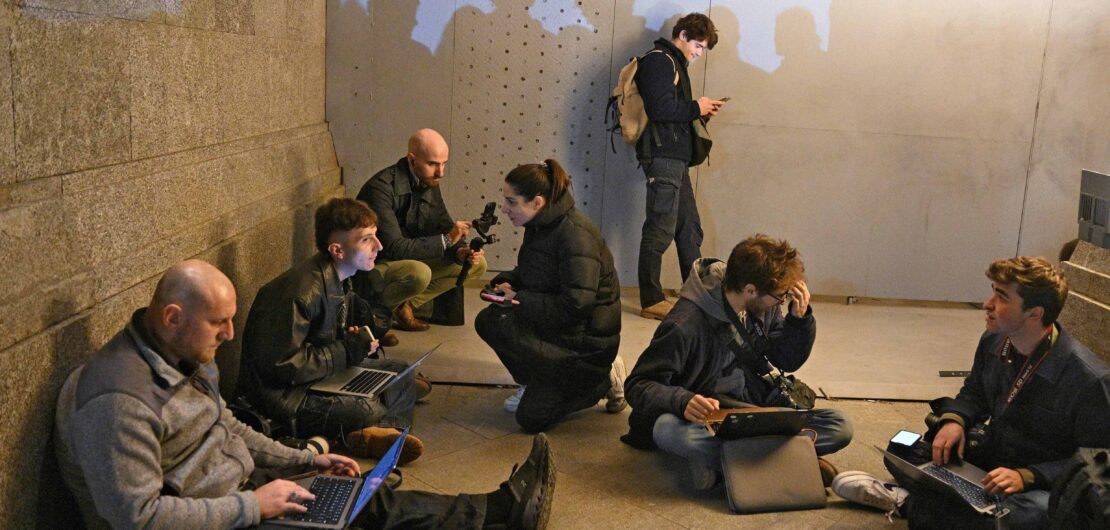 Library
Library
Intimidated, attacked and barred from entering the country: press…
Intimidated, attacked and barred from entering the country: press freedom organizations urge for protection of journalists’ rights in Georgia
International community must place effective pressure on Georgia to uphold press freedom and secure a safe environment for journalists.
The undersigned press freedom and freedom of expression organizations are deeply concerned about incidents of intimidation, threats, and physical and verbal assaults on journalists covering Georgia’s parliamentary elections on October 26, 2024. MFRR documented at least 30 election-related media freedom violations involving 34 media workers.
Journalists and camera operators faced physical attacks on them and their equipment. This included an incident in Kutaisi where three individuals assaulted a CNews journalist at a polling station. In other cases, camera operators were attacked, and their equipment was damaged. Journalists were also insulted, threatened, and accused of defamation, referred to as “agents,” “stateless,” and “enemies of the country.” Notably, according to available information, the overwhelming number of individuals attacking journalists were supporters or representatives of the ruling Georgian Dream party.
We are also concerned that two foreign journalists who intended to cover the elections were denied entry to Georgia. Czech journalist Ray Baseley told IPI that he was detained at the airport for 34 hours, denied contact with his lawyer for 20 hours, and held under constant surveillance. Swiss photojournalist Stephan Goss was similarly detained overnight for 11 hours in the airport. No explanation for the decision was provided to any of these journalists besides an official document citing “other cases envisaged by Georgian legislation” for the entry denial.
We believe that these attacks and restrictions should be seen in the context of an overall deterioration of the situation for media freedom in the country, as documented by the recent mission to Georgia. The mission found that journalists operate in an extremely hostile pre-election environment, and are frequently subjected to smear campaigns, online attacks, and insults from public officials, unknown individuals, and even other media workers. The mission also found that most cases of violence against journalists are not effectively investigated and prosecuted. As a result, the mission found that journalism has become a dangerous profession in Georgia.
In 2024, MFRR and its partner organizations have repeatedly warned about an increasingly adverse environment for the media in Georgia, including recent reintroduction and enactment of the legislation on ‘transparency of foreign influence’, adoption of the ‘family values bill‘ barring journalists’ access from parliament, increasing number of violent attacks against journalists covering rallies, and extradition detention of exiled Azerbaijani journalist. Additionally, MFRR hosted a webinar on the law on ‘transparency of foreign influence’ and conducted a fact-finding mission.
Free and fair elections cannot be conducted without a safe environment for the press. Journalists’ work is essential to expose misconduct before and during elections and help citizens make informed decisions.
We urge Georgian authorities to end attacks on journalists and to thoroughly investigate all incidents of violence. They must immediately put an end to the worrying practice of barring foreign journalists from entering the country and ensure that all legislation applicable to the media and civil society fully complies with international and regional human rights standards. We furthermore urge the international community to place effective pressure on Georgia to uphold press freedom and secure a safe environment for journalists.
This statement was coordinated by the Media Freedom Rapid Response (MFRR), a Europe-wide mechanism which tracks, monitors and responds to violations of press and media freedom in EU Member States, Candidate Countries and Ukraine.



